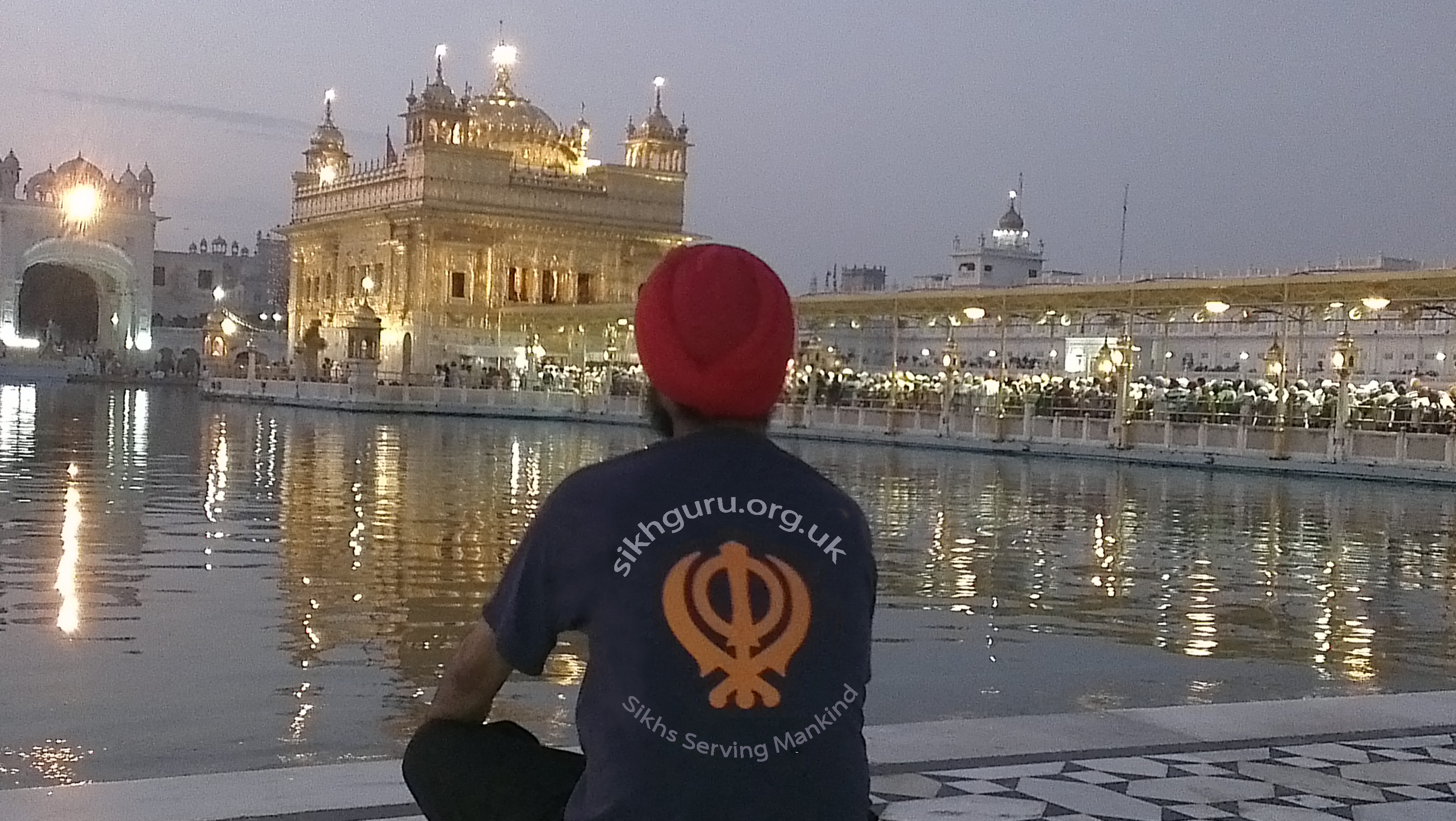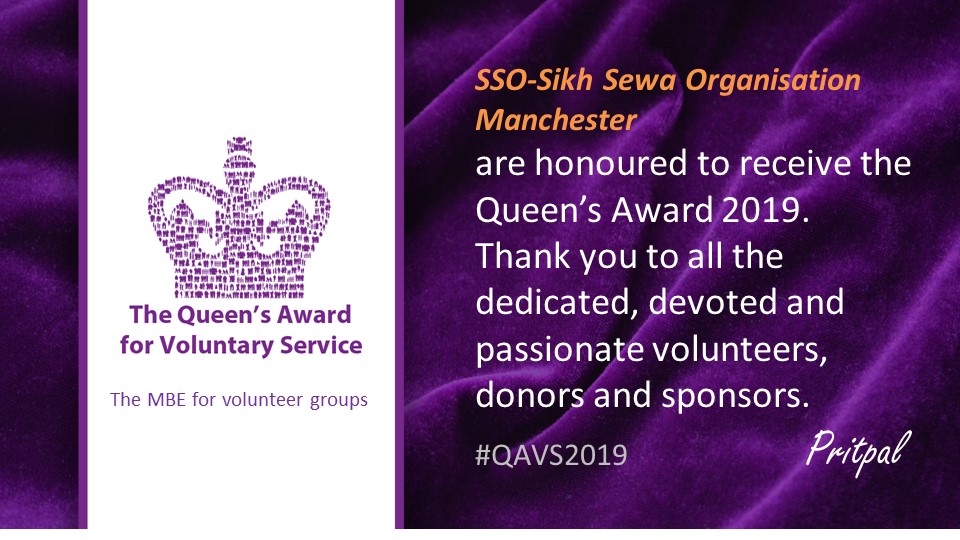
Khalsa means the Pure one
Who and what is a Khalsa?
The community of men and women who have been initiated into the Sikh faith is known as the Khalsa (Community of the Pure)
"He who keeps alight the unquenchable torch of truth, and never swerves from the thought of One God; he who has full love and confidence in God and does not put his faith, even by mistake, in fasting or the graves of Muslim saints, Hindu crematoriums, or Jogis places of sepulchre; he who recognises the One God and no pilgrimages, alms-giving, non-destruction of life, penances, or austerities; and in whose heart the light of the Perfect One shines, - he is to be recognised as a pure member of the Khalsa" (Guru Gobind Singh, 33 Swaiyyas)
The word "Khalsa" means "pure", Khalsa's are Sikhs which have undergone the sacred Amrit Ceremony initiated by the 10th Sikh Guru, Guru Gobind Singh. The Khalsa order was initially created on Baisakhi Day March 30 1699, with Guru Gobind Singh baptizing 5 Sikhs and then in turn asking the five Khalsa's to baptize him. Following this the Guru personally baptized thousands of men and women into the Khalsa order. The Khalsa baptism ceremony is undertaken as part of ones own personal spiritual evolution when the initiate is ready to fully live up to the high expectations of Guru Gobind Singh. All Sikhs are expected to be Khalsa or be working towards that objective.
The Khalsa baptism ceremony involves drinking of Amrit (sugar water stirred with a dagger) in the presence of 5 Khalsa Sikhs as well as the Guru Granth Sahib. The initiate is instructed in the following;
The four cardinal sins
- You shall never remove any hair from any part of the body
- You shall not use tobacco, alcohol or any other intoxicants
- You shall not eat the meat of an animal slaughtered the Muslim way
- You shall not commit adultery.
The initiate is required to wear the physical symbols of a Khalsa (the 5K's at all times as well as follow the Khalsa Code of Conduct.
What are the five K's?
- Kesh: uncut hair as a mark of holiness and submission to God's will
- Kangha: a small wooden comb in the hair as a sign of cleanliness and living a tangle free life
- Kara: a steel bracelet, a reminder that we are connected to God
- Kachera: short cotton underwear to signify chastity
- Kirpan: a sword, a reminder to always stand up against injustice and oppression
For Sikhism Educational Visits and more information on Sikhism please visit www.sikhguru.org.uk
For feeding the homeless in Manchester please visit www.sikhsewa.org.uk
For Khalsa School Manchester please visit www.khalsaschool.org.uk
For Educate Punjab Project please visit https://educatepunjab.net/
For Network of Sikh Organisations UK please visit www://nsouk.org/
You can contact me anytime, Pritpal Singh Makan, on pritpal@khalsa.uk


Copyright PSM Web designs 2017. All Rights Reserved